German economy narrowly evades recession
A technical recession may have been avoided, but the German economy faces issues at home and abroad, and fiscal stimulus is unlikely

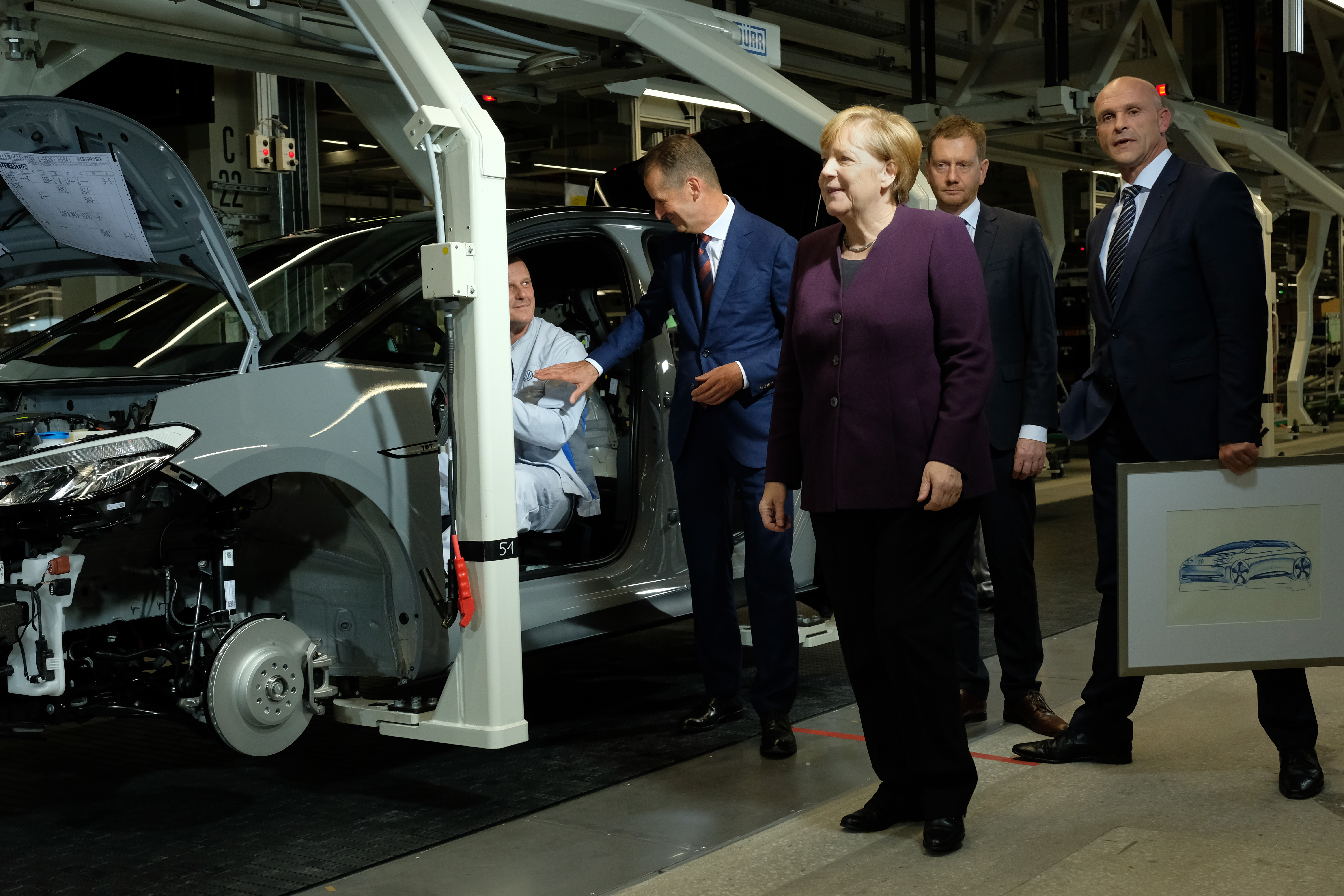
A free daily email with the biggest news stories of the day – and the best features from TheWeek.com
You are now subscribed
Your newsletter sign-up was successful
Germany defied predictions it was sliding into recession after consumer and state spending provided the growth it needed to record 0.1% quarterly expansion.
While the growth means a technical recession has been avoided, and the German construction sector rallied after two years of contraction, Europe's largest economy remains mired in a manufacturing slump.
Germany relies on exports much more than most Western economies, and as such has been hit particularly hard by the tariff hikes resulting from the US-China trade war, as well as uncertainty surrounding Brexit, and disruption in the car industry - a significant part of the country's economy - by electric vehicles and new emissions standards.
The Week
Escape your echo chamber. Get the facts behind the news, plus analysis from multiple perspectives.

Sign up for The Week's Free Newsletters
From our morning news briefing to a weekly Good News Newsletter, get the best of The Week delivered directly to your inbox.
From our morning news briefing to a weekly Good News Newsletter, get the best of The Week delivered directly to your inbox.
The struggles of its car industry can be encapsulated in the recent news that Daimler, the parent company of Mercedes, has announced a €1.3bn retrenchment and a sacking of 1,100 managers globally, for which the company has specifically blamed their slow pace transitioning to electric vehicles.
Germany is “suffering from enormous global political uncertainty” and its flagship industry, the automobile sector, is also struggling, said Deka bank analyst Andreas Scheuerle. Nevertheless, “The German economy got away with a black eye: the technical recession could be avoided,” he said.
Olaf Scholz, the hawkish German finance minister, is at the forefront of his government’s attempts to resist calls for increased fiscal stimulus. He will have been cheered by the news. “Looking at the German economy, which is really resilient and globally active, you have to understand there’s slower growth in the world. This has an impact on the economy in Germany. That’s obvious,” he said at an event in Berlin. “We are cautiously optimistic. It’s slower growth, but it’s not a crisis.”
The news that a recession has been avoided will enable Germany’s coalition government to maintain its strict “black zero” policy that refuses to run any kind of deficit in government spending.
A free daily email with the biggest news stories of the day – and the best features from TheWeek.com
“Germany is in effect doubling down on its mercantilist trade model and rebuffing pleas from the International Monetary Fund and the European Central Fund for fiscal loosening,” writes Ambrose Evans-Pritchard in The Telegraph. The pleas are “a polite way of saying that Germany should stop surfing off other's countries' demand.”
–––––––––––––––––––––––––––––––For a round-up of the most important business stories and tips for the week’s best shares - try The Week magazine. Get your first six issues free–––––––––––––––––––––––––––––––
Germany's exports may be suffering, but its internal economy remains sanguine and labour market strong, with a record 45.4 million people employed - an increase of 0.8% from a year earlier.
“The downside risks — including trade tensions and the possibility of a hard Brexit — remain considerable,” said Shekhar Aiyar, the IMF's mission chief for Germany. However, “domestic demand remains resilient, supported by strong labour market conditions and generally healthy private and public sector balance sheets.”
However, reports The Financial Times, “economists worry that the downturn in German manufacturing could spill over into domestic-focused services and start to weaken the labour market, which has recently showed signs of cooling.”
Katharina Utermöhl, senior economist at Allianz, is one of those economists: “A weakening of the German labour market will start to weigh on the mood of the consumer, who is the main pillar of the German economy right now, and we believe that next year this pillar will increasingly start to shake.”
William Gritten is a London-born, New York-based strategist and writer focusing on politics and international affairs.
-
 Currencies: Why Trump wants a weak dollar
Currencies: Why Trump wants a weak dollarFeature The dollar has fallen 12% since Trump took office
-
 Book reviews: ‘Hated by All the Right People: Tucker Carlson and the Unraveling of the Conservative Mind’ and ‘Football’
Book reviews: ‘Hated by All the Right People: Tucker Carlson and the Unraveling of the Conservative Mind’ and ‘Football’Feature A right-wing pundit’s transformations and a closer look at one of America’s favorite sports
-
 Judge blocks Trump suit for Michigan voter rolls
Judge blocks Trump suit for Michigan voter rollsSpeed Read A Trump-appointed federal judge rejected the administration’s demand for voters’ personal data
-
 Christmas trees: losing their magic?
Christmas trees: losing their magic?In the Spotlight Festive firs are a yuletide staple but are their days numbered?
-
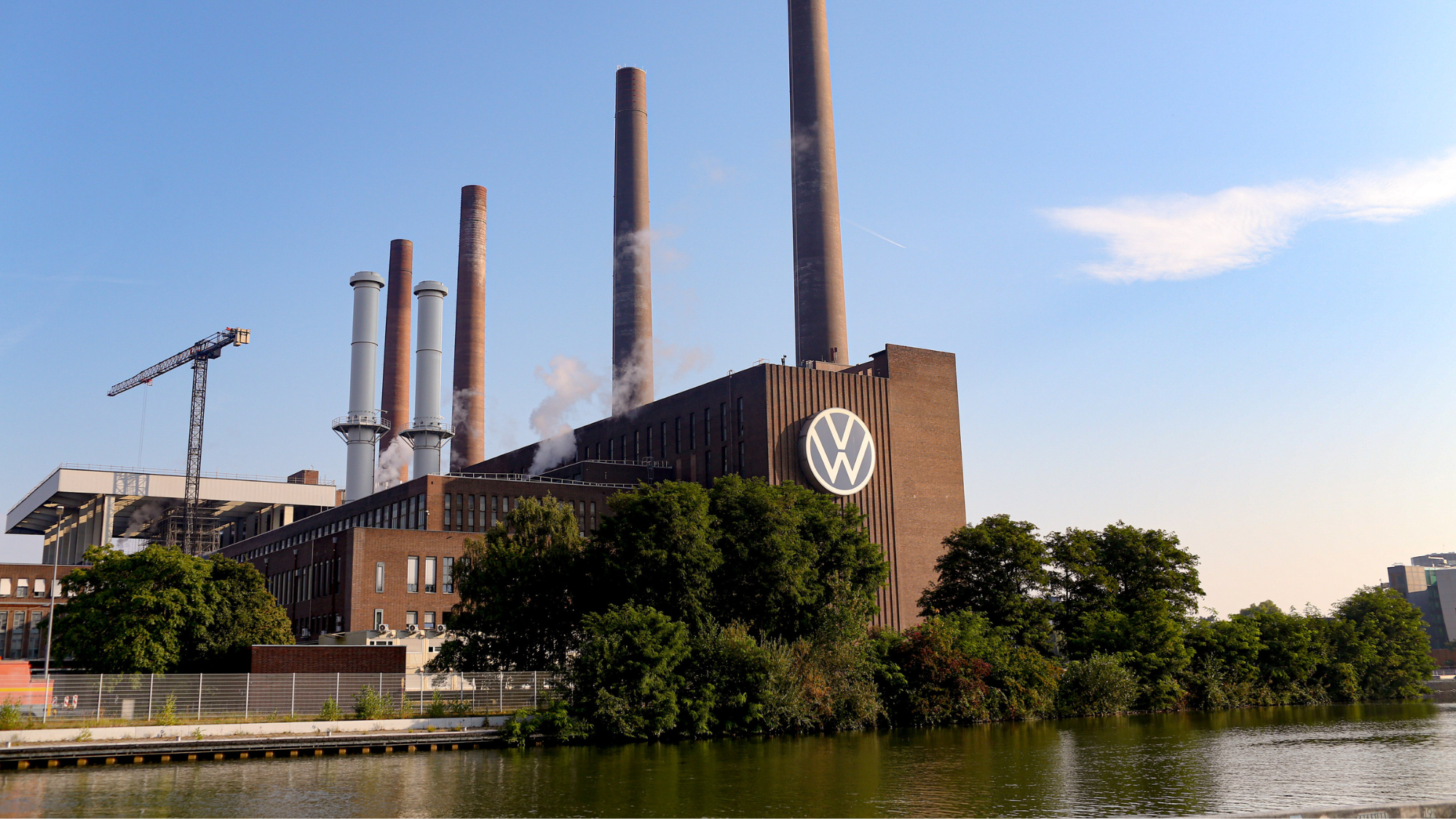 Volkswagen on the ropes: a crisis of its own making
Volkswagen on the ropes: a crisis of its own makingTalking Point The EV revolution has 'left VW in the proverbial dust'
-
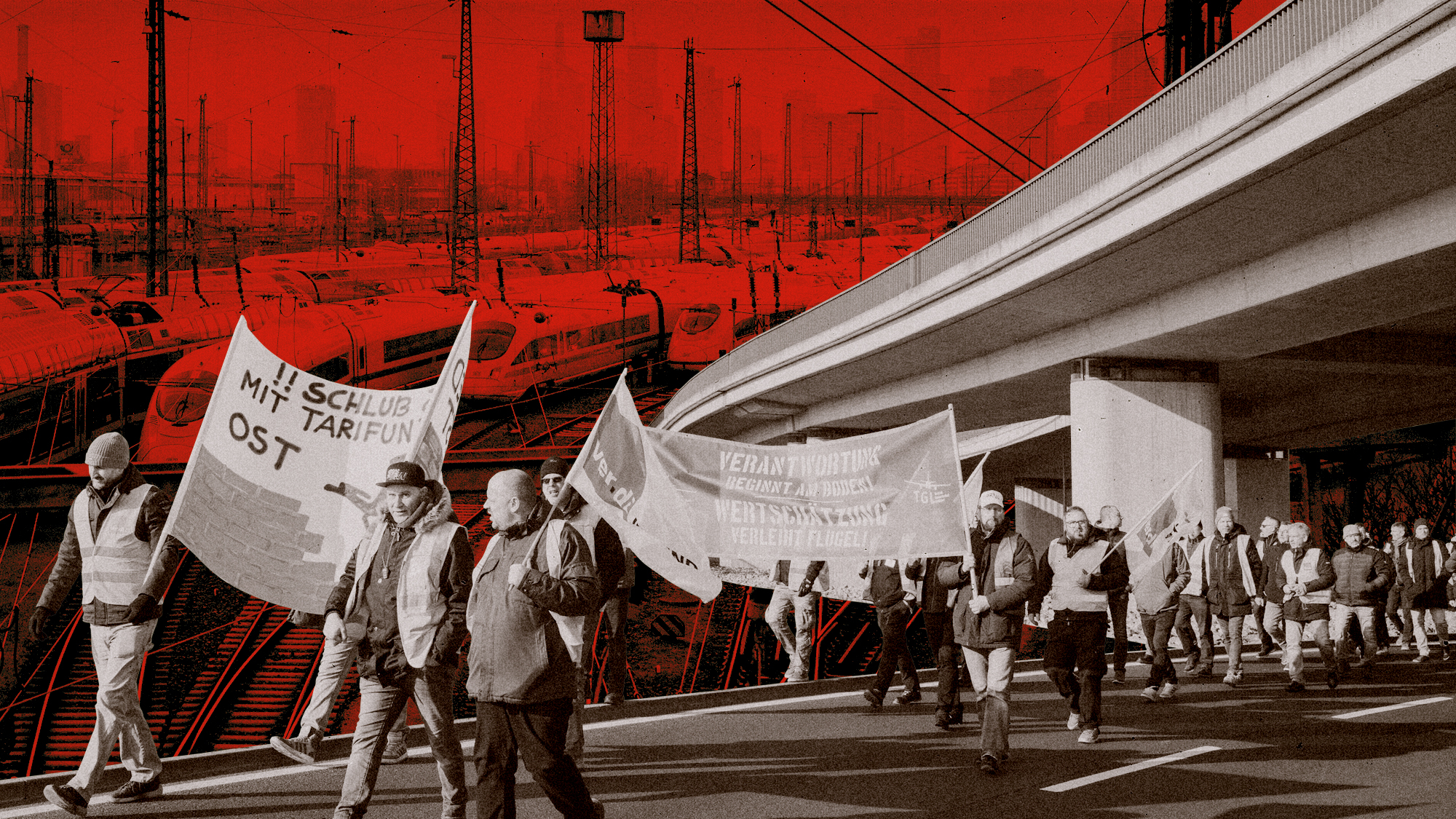 Germany's transportation industry grinds to a halt as workers strike
Germany's transportation industry grinds to a halt as workers strikeThe Explainer The country's railways and airports are both at a standstill as union members walk off the job
-
 Germany launches the world's first hydrogen-powered trains
Germany launches the world's first hydrogen-powered trainsSpeed Read
-
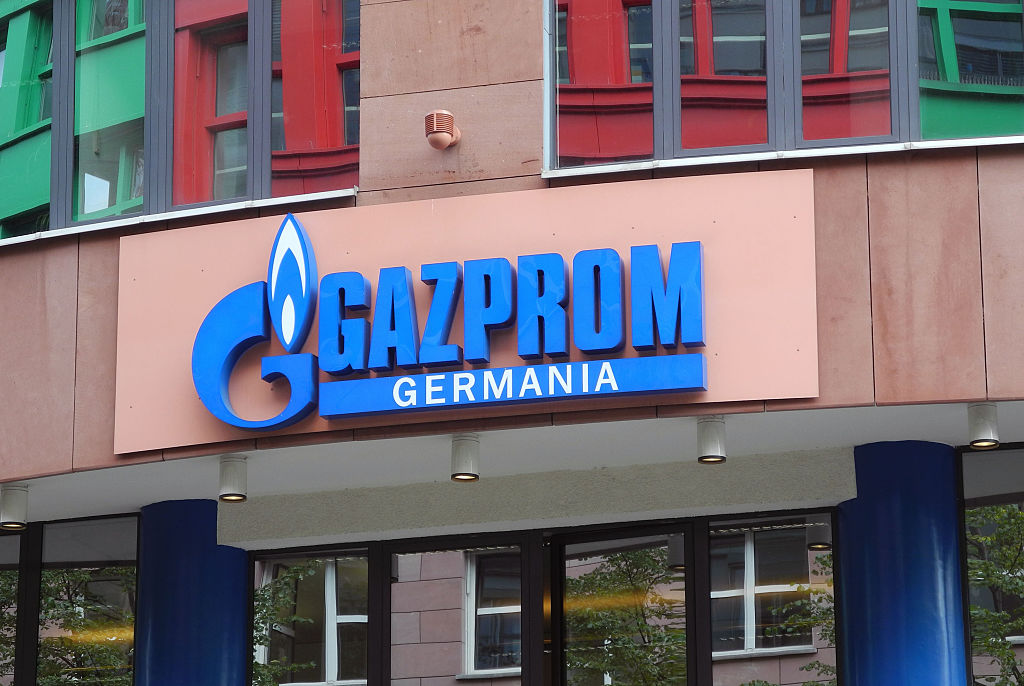 Germany takes over Russia's Gazprom subsidiary after apparent attempt to transfer assets to a Moscow DJ
Germany takes over Russia's Gazprom subsidiary after apparent attempt to transfer assets to a Moscow DJSpeed Read
-
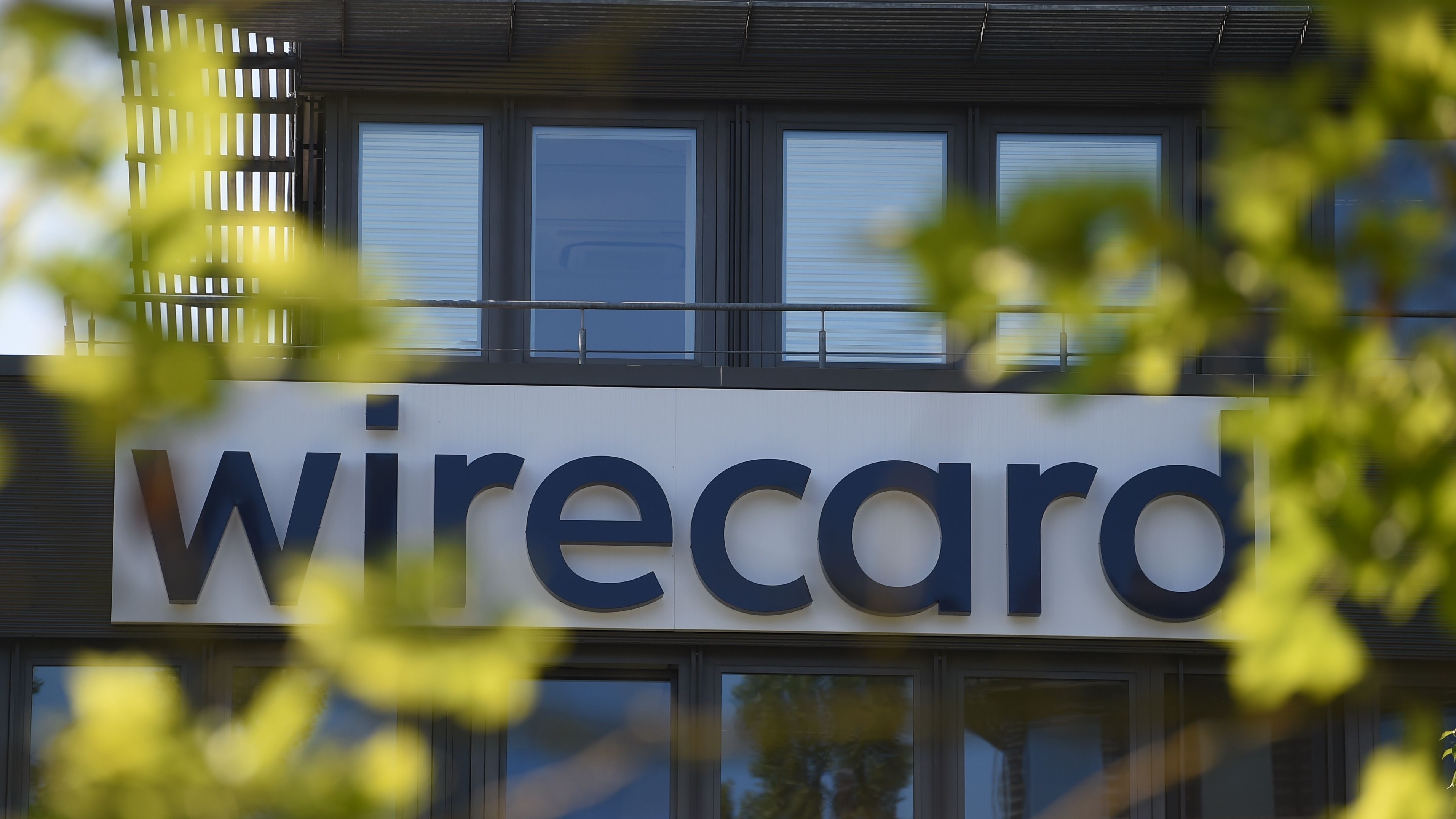 What is Wirecard and why has the scandal-hit firm collapsed?
What is Wirecard and why has the scandal-hit firm collapsed?Speed Read Payment processing giant becomes first Dax-listed company to fail amid €1.9bn accounting scandal
-
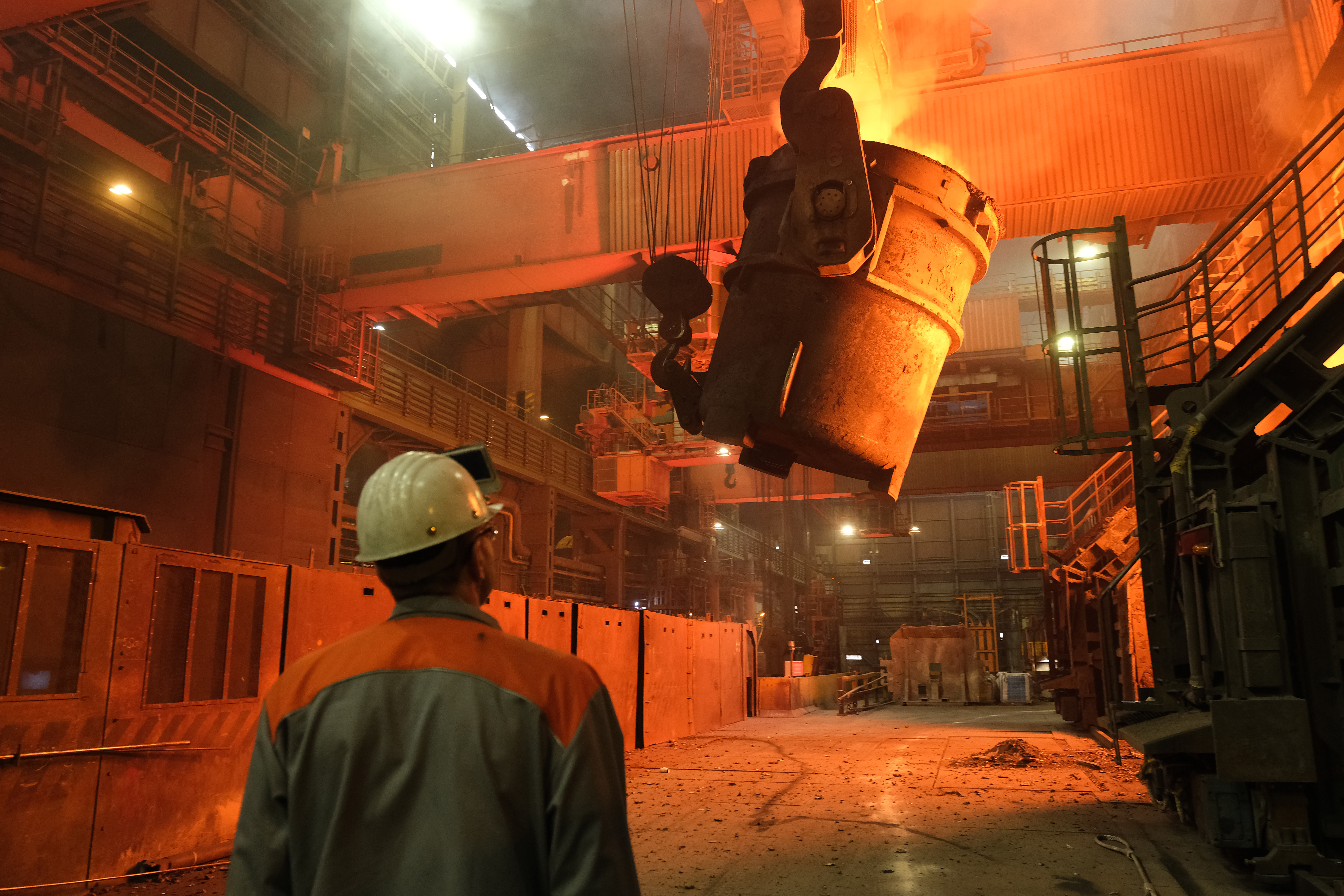 German industry slows stoking fears of recession
German industry slows stoking fears of recessionIn Depth Output from the German economy's industrial sector fell an unexpected 1.5% in June
-
Colman’s Mustard to close Norwich factory after 160 years
Speed Read MPs and unions express fury at decision by Unilever to shift production
